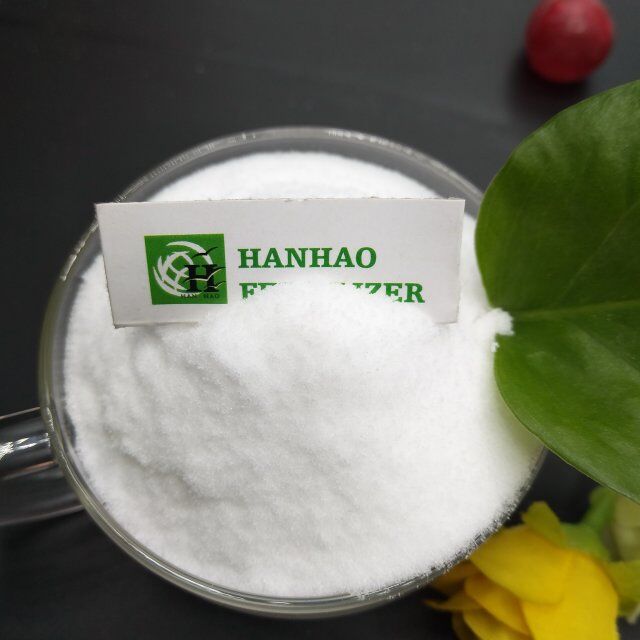
Dec . 23, 2024 05:07 Back to list
Organic High-Phosphorus Fertilizer Supplier for Sustainable Farming Practices
The Rising Demand for Organic High Phosphorus Fertilizers A Manufacturer's Perspective
As global agriculture shifts towards sustainable practices, the demand for organic fertilizers has witnessed a significant uptick. Among these, high phosphorus organic fertilizers are emerging as critical inputs for farmers aiming to enhance soil fertility and improve crop yield. This article explores the importance of phosphorus in agriculture, the benefits of organic high phosphorus fertilizers, and the role of manufacturers in meeting this growing demand.
Understanding the Role of Phosphorus in Agriculture
Phosphorus is an essential macronutrient that plays a pivotal role in plant development. It is crucial for the formation of DNA, RNA, and ATP, the energy currency of cells. Adequate phosphorus levels promote healthy root development, flowering, and fruit production, which are vital for achieving optimal crop yields. In many regions, phosphorus deficiency can lead to stunted growth, poor yields, and increased susceptibility to diseases.
Traditionally, the agriculture industry has relied on synthetic fertilizers to supply phosphorus; however, the environmental concerns associated with chemical fertilizers, such as soil degradation and water pollution, have led to a growing interest in organic alternatives.
The Advantages of Organic High Phosphorus Fertilizers
Organic high phosphorus fertilizers are derived from natural sources, including animal manures, bone meal, and rock phosphate. These fertilizers are not only effective in providing phosphorus to plants but also contribute to long-term soil health. Here are several benefits
1. Environmental Sustainability Organic fertilizers promote ecological balance by improving soil structure and fertility without the negative impacts associated with chemical fertilizers. They help reduce runoff and leaching, thus minimizing water contamination.
2. Enhanced Soil Health Organic fertilizers foster the growth of beneficial microorganisms and improve the soil's organic matter content. Healthy soil microorganisms enhance nutrient availability and promote a more resilient agricultural ecosystem.
3. Slow Release of Nutrients Organic high phosphorus fertilizers typically release nutrients slowly over time, providing a steady supply of phosphorus to plants. This slow-release mechanism reduces the risk of nutrient leaching and minimizes the potential for over-fertilization.
4. Reduced Dependence on Chemical Inputs By utilizing organic fertilizers, farmers can decrease their reliance on synthetic products, which can often be costly and pose health risks associated with chemical exposure.
organic high phosphorus fertilizer manufacturer

5. Improved Crop Quality Studies have shown that organic farming leads to higher-quality produce, with better taste, nutrition, and shelf life, meeting the consumer demand for organic products.
The Manufacturer's Role in Meeting Demand
As the market for organic high phosphorus fertilizers grows, manufacturers play a vital role in ensuring that farmers have access to these sustainable products. Here are some ways manufacturers can contribute to this industry
1. Research and Development Investment in R&D is essential for developing innovative organic fertilizers that maximize phosphorus availability while ensuring compliance with organic standards. Manufacturers should focus on formulations that enhance the nutrient release process.
2. Quality Control Maintaining high standards in production is crucial. Manufacturers need to implement rigorous quality control measures to ensure the efficacy and safety of their organic high phosphorus fertilizers, providing farmers with reliable options for their crops.
3. Education and Support Manufacturers should provide comprehensive education and support to farmers about the benefits and application methods of organic fertilizers. This could include workshops, detailed guides, and technical support to maximize the efficiency of these products.
4. Sustainable Sourcing To appeal to environmentally conscious consumers, manufacturers should prioritize sustainable sourcing of raw materials for their fertilizers, promoting a circular economy that minimizes waste and resource depletion.
5. Collaboration Working in collaboration with research institutions, agricultural experts, and organic farming communities will help manufacturers stay abreast of the latest trends and practices in organic farming, ensuring their products meet the needs of the market.
Conclusion
The increasing demand for organic high phosphorus fertilizers represents a significant shift in agricultural practices, highlighting the importance of sustainability and soil health. As manufacturers, embracing innovation, quality control, and educational initiatives will be key to navigating this evolving landscape. By aligning with eco-friendly practices, manufacturers can play a transformative role in supporting sustainable agriculture and improving food security worldwide. The future of farming lies in the responsible and effective use of organic fertilizers, and manufacturers are at the forefront of this crucial movement.
-
Premium Organic Manure Compost for Eco Gardens
NewsAug.01,2025
-
Organic 10-10-10 Fertilizer | Balanced Plant Nutrients
NewsJul.31,2025
-
Premium Amino Acid Fertilizer | Rapid Plant Growth Booster
NewsJul.31,2025
-
10 10 10 Fertilizer Organic—Balanced NPK for All Plants
NewsJul.30,2025
-
Premium 10 10 10 Fertilizer Organic for Balanced Plant Growth
NewsJul.29,2025
-
Premium 10 10 10 Fertilizer Organic for Balanced Plant Growth
NewsJul.29,2025
